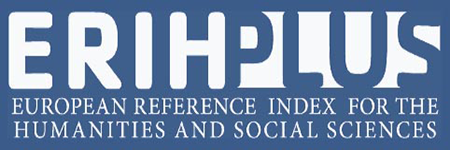No. 34-35 (1998): Decentralization and Municipal Modernization

As the twentieth century draws to a close, Central American societies are experiencing a series of unprecedented changes. There is no doubt that many of these developments are positive, such is the importance currently given to the municipal issue and, more broadly, to political-territorial decentralization, which have become unavoidable items on government agendas.
A starting point for the analysis of the situation of the processes of decentralization and remodeling of municipal management promoted within the framework of the restructuring of the State is the recognition of the relevance that the discussion of these issues has acquired in the political-administrative spheres.
In the new type of situations generated by these proposals and concrete processes that have been promoted in Central America since the second half of the last decade, when the region began to experience the first attempts at decentralization and reformulation of the municipal scheme, have had an impact on important changes in the political-institutional order.
Reflection on the effects of these changes on local political-administrative systems and on the relationship between the central power, the municipality and the local community is of particular interest, since it directly alludes to the possibilities of democratization of society and the State, in a context in which excessively centralized and autocratic styles of government have prevailed.
The main novelties presented in the local scene in Central America, try to emphasize on the one hand, the new conditions that the inhabitants find to give content to their citizenship, and on the other hand, the objective limits faced by the democratization processes promoted in the isthmus, pointing out the political-institutional mechanisms that impede a fluid relationship between municipality-local civil society and the access of the same social collectivities to the management of the "local-public".
This issue of the Central American Journal of Public Administration addresses the challenge of municipal modernization as a strategic alternative for Central America, exposing experiences that include at an analytical level, the identification of the main threats and opportunities that influence the viability of strengthening local governments, arguing that this process will result from the combination of two critical elements: the autonomous local initiative and the deepening of decentralization.









